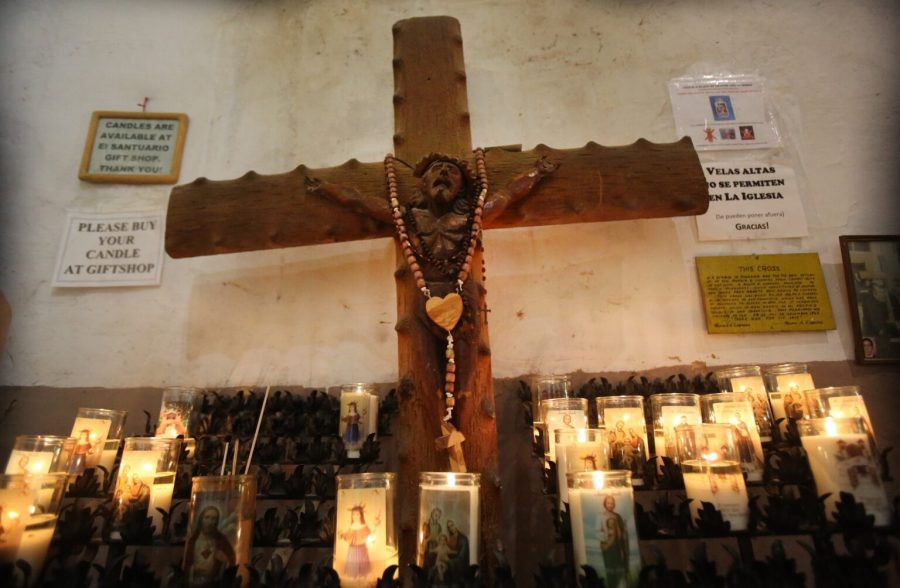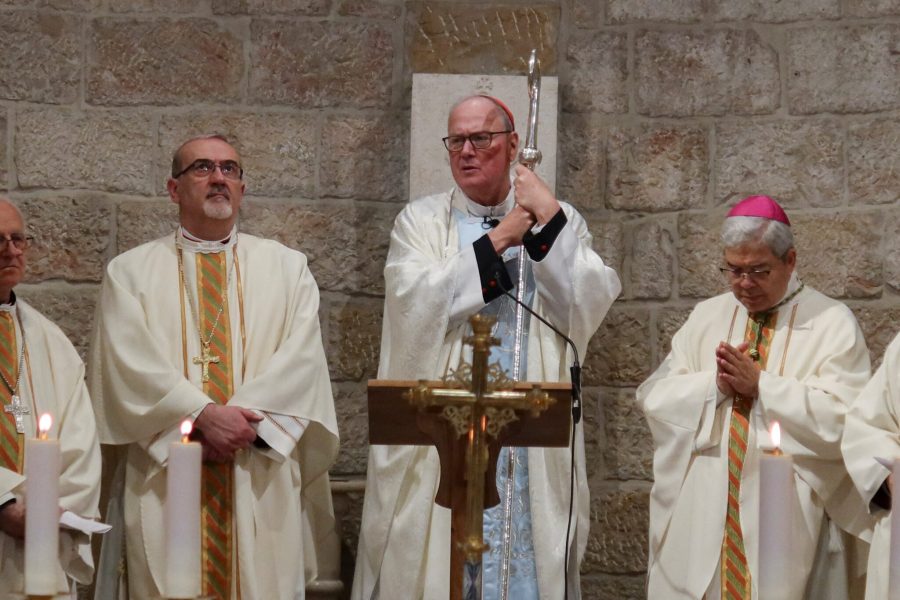(Charlie Camosy. OSV News).
As the church continues to address sexual abuse cases among clergy and religious, Deacon Steven A. DeMartino, director for safeguarding initiatives for the Conference of Major Superiors of Men, recently spoke with OSV News’ Charlie Camosy about the past history of these efforts and the best practices the church now has in place.
Charlie Camosy: I realize this is a big question, but would it be possible to summarize in broad strokes what has been done by Popes St. John Paul II, Benedict XVI, and Francis with regard to sex abuse and safe environment in the Catholic Church?
Steven A. DeMartino: A good place to start is with the reality that safeguarding ministry has gradually matured in the church over the past 30 years.
This new ministry is a response to our Catholic obligation to defend life and the dignity of the human person across the life span and has been informed by the courageous actions, and risks, of sexual abuse victim-survivors as they come forward to recount in each public story the painful and horrific wounds of sexual abuse caused by clergy.
These wounds include the inaction or cover-up in responding to sexual abuse allegations by some church leaders.
Pope John Paul II declared in 2001 that “a sin against the Sixth Commandment of the Decalogue by a cleric with a minor under 18 years of age is to be considered a grave sin, or ‘delictum gravius.’”
This prompted our bishops in the U.S. to institute reforms to prevent future abuse, culminating in the development and approval in June 2002 of the Charter for the Protection of Children and Young People and shortly thereafter for Religious Orders of Men to endorse the Praesidium Accreditation Standards for Catholic Men’s Religious Institutes.
Highlights of Pope Benedict XVI’s actions include authorizing “fast track” procedures at the Congregation [now Dicastry] for the Doctrine of the Faith to laicize any cleric found guilty of the sexual abuse of a minor, making important changes to canon law, such as waiving the statute of limitations on sexual abuse on a case-by-case basis and raising the age of consent to 18, and meeting with victim-survivors of sexual abuse by clergy during his pastoral visits throughout the world.
Pope Francis has universalized safeguarding ministry, both canonically and pastorally, by establishing Tutela Minorum, the Pontifical Commission for the Protection of Minors, which released the safeguarding ministry Universal Guidelines Framework that calls for every jurisdiction in the church to develop appropriate policies and procedures to address allegations of sexual abuse.
In addition, our current Holy Father promulgated Book VI of the Code of Canon Law, Penal Sanctions in the Church, 2021; released the Moto Propio “Vos estis lux Mundi” in 2023, which outlines new procedural norms to combat sexual abuse and holds leaders in the church accountable for their actions in responding to allegations of sexual abuse; and released the Vademecum, which is a guide to certain points of procedure in treating cases of sexual abuse of minors committed by clerics.
No recent pope has escaped criticism for their failings in responding to the scourge of sexual abuse.
Much has been done, but there is so much more to do to accompany victim-survivors of sexual abuse by clergy and ensure that the church is a safe haven for all vulnerable persons.
Continue reading…






